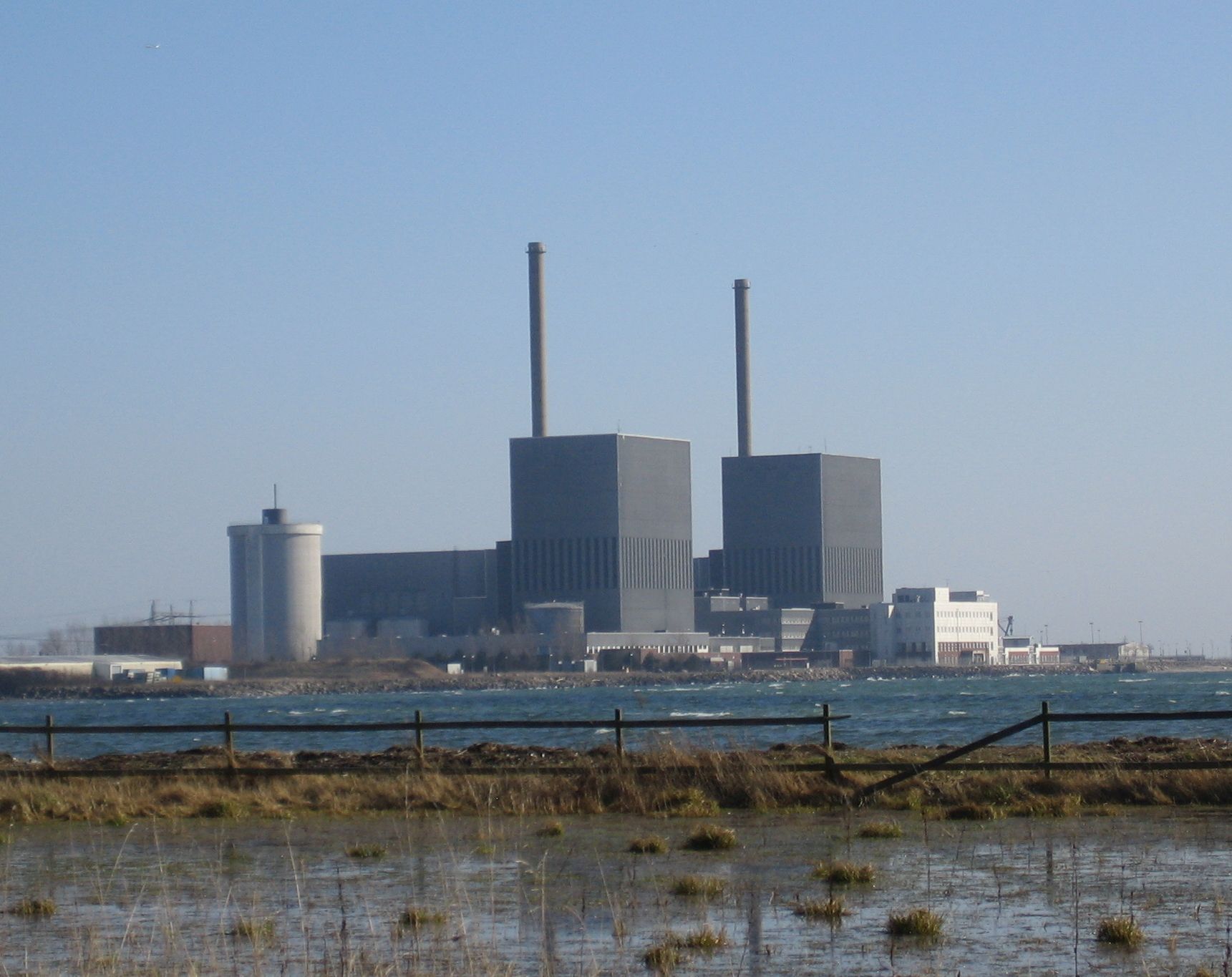Everybody is talking about Pedro Pascal. Men want to be him, women want to bed him, children want him to be their Dad – it’s amazing what the right role can do for an actor.
Almost a decade ago he landed a key role in Game of Thrones, which was then the world’s biggest TV series, followed by major parts in Narcos and The Mandalorian.
But it wasn’t until his standout turn in The Last of Us, which debuted on HBO Max in January, that he became a household name.
From Chile to Denmark
An Emmy acceptance speech is surely on the cards, but who’s he going to thank: after all, he’s 47 and the world hadn’t exactly been falling over itself to recognise his star quality.
Well, top of the list should be Denmark. When Pascal was nine months old, his parents realised their lives were in peril living under the military dictatorship of Augusto Pinochet.
They sought refuge in the Venezuelan embassy in Santiago, and it was from there that the family were granted political asylum in Denmark.
Sought after by the authorities
Both his parents, a child psychologist and fertility doctor, assisted the opposition movement in Chile.
“It was the mid-’70s and my parents were young and liberal. It was a dangerous time, and they were lucky they got out with their lives,” recalled Pascal in an interview with Orange Coast Magazine .
“A lot of people who spoke their mind were disappearing and in danger – it was a very intense climate for many years; they tried to help some people and were caught. They then snuck into the Venezuelan Embassy after being in hiding for about six months after finding out people were looking for them,” he revealed in a fan interview on Reddit.com.
Among many Chileans granted asylum
However, Pascal’s parents did not remain long in Denmark. Shortly after winning asylum, they moved to San Antonio in Texas.
The Pascal family were not the only Chileans granted asylum in Denmark, as hundreds of others were too.
Film director Shaky Gonzalez (A Place to Die) arrived as a seven-year-old child in 1974, but fortunately for his new homeland, he ended up staying.














